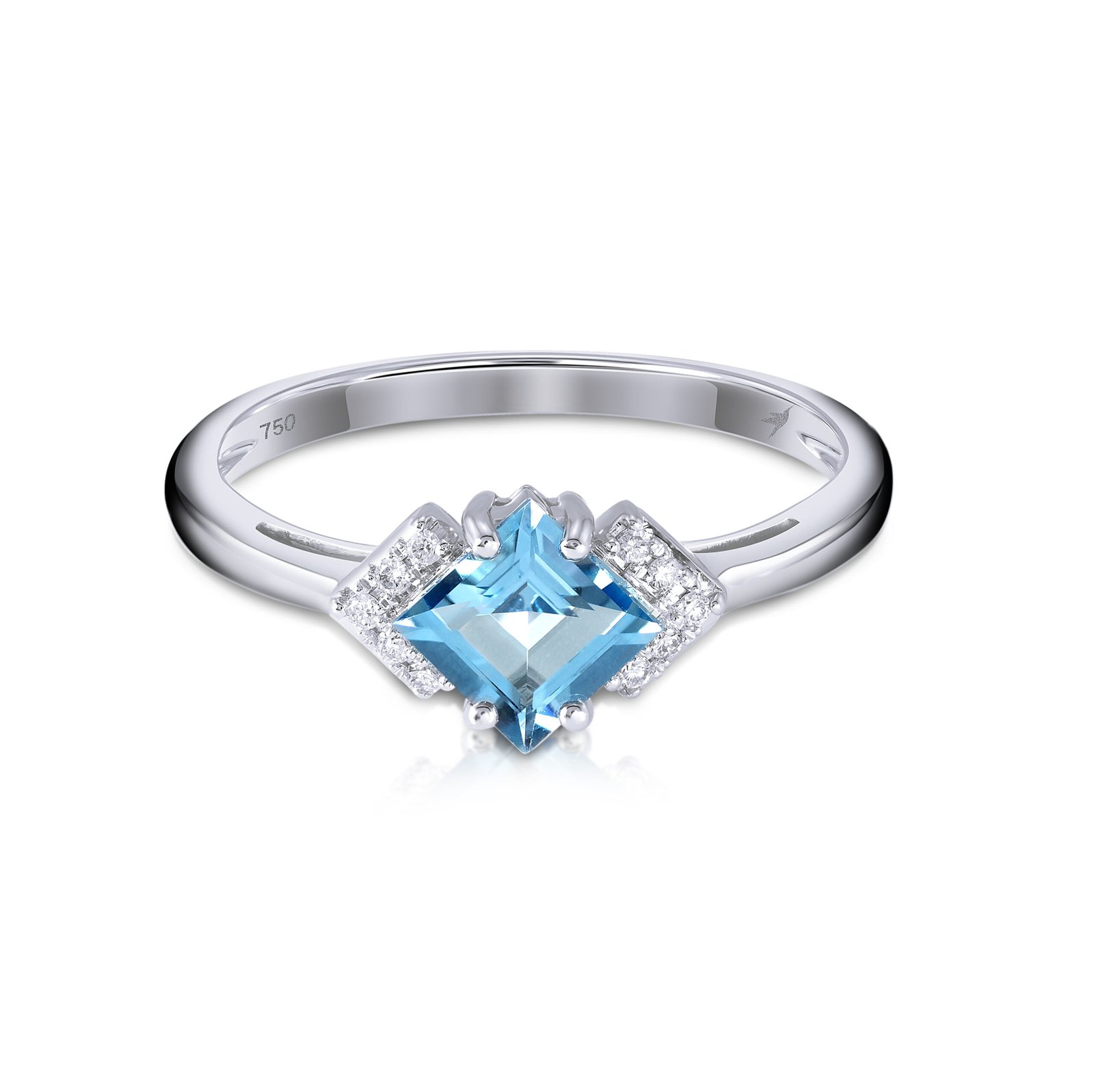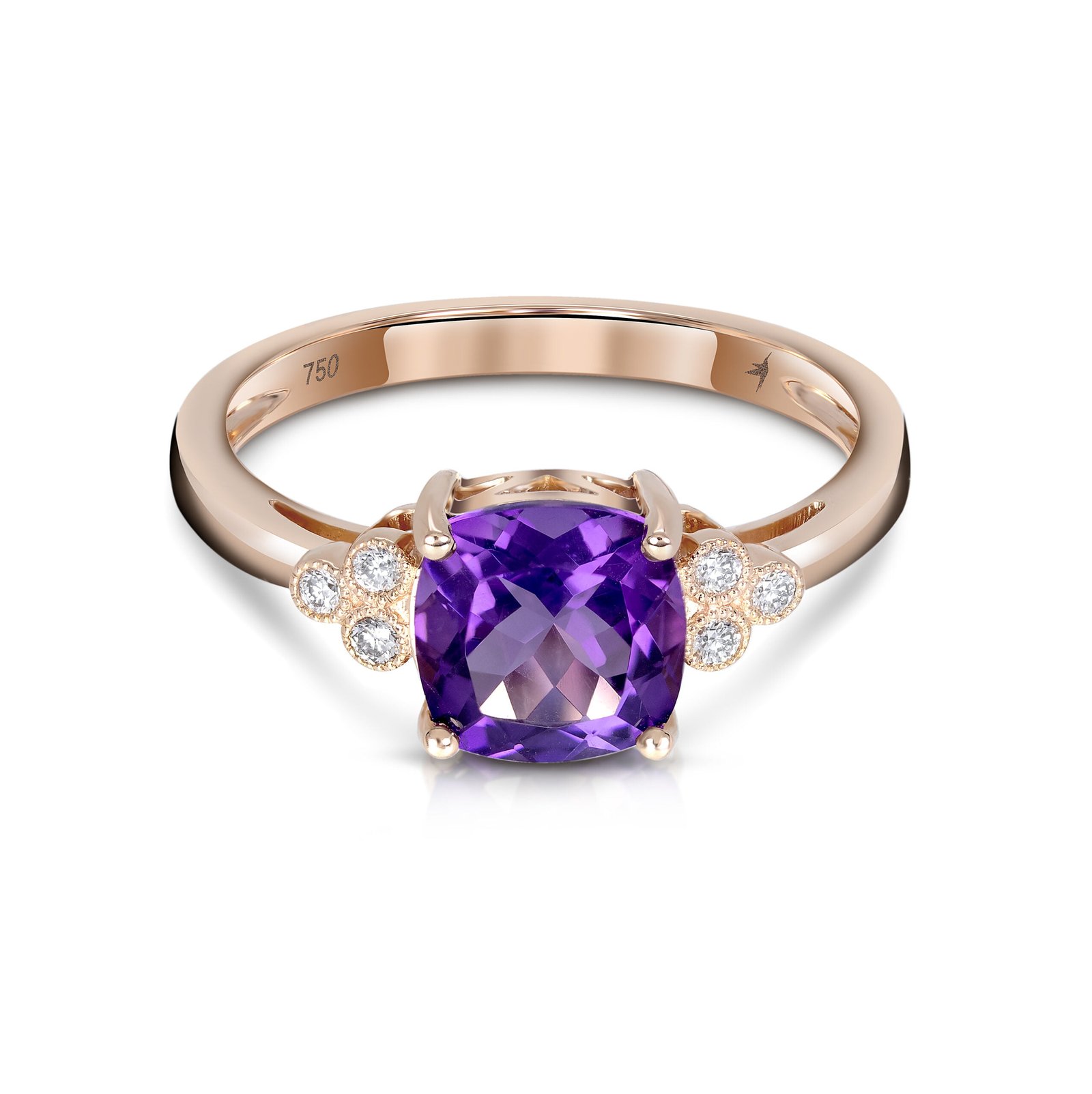

In the jewelry industry, hallmarks and certifications play a crucial role in establishing trust, ensuring quality, and providing valuable information to consumers. These marks and certifications serve as important indicators of authenticity, craftsmanship, and ethical practices. In this article, we will explore the significance of hallmarks and certifications in the jewelry industry and how they benefit both consumers and businesses.
What are Hallmarks?
Hallmarks are small marks or stamps that are engraved or struck onto jewelry pieces to indicate certain characteristics about the metal used, such as its purity or country of origin. These marks are usually found on precious metal jewelry like gold, silver, and platinum. Each country has its own set of hallmarks and regulations that govern their usage.
The primary purpose of hallmarks is to provide consumers with information about the metal content of a piece of jewelry. For example, a gold hallmark indicates the purity of the gold, such as 14K or 18K, while a silver hallmark denotes the percentage of silver used. This information helps buyers make informed decisions and ensures that they are getting what they paid for.
Benefits of Hallmarks
There are several benefits associated with the presence of hallmarks on jewelry:
- Authenticity: Hallmarks serve as proof of the metal’s purity and authenticity. They provide confidence to consumers that they are purchasing genuine precious metal jewelry.
- Quality Assurance: Hallmarks are an assurance of quality craftsmanship. They indicate that the jewelry piece has met certain standards and has been tested for its metal content.
- Investment Value: Hallmarked jewelry holds higher investment value as it can be easily identified and verified.
- Traceability: Hallmarks also help in tracing the origin of the jewelry piece, enabling consumers to make ethical choices and support responsible sourcing.
What are Certifications?
Certifications in the jewelry industry are awarded by independent organizations or laboratories that assess and evaluate various aspects of a jewelry piece, such as gemstone quality, diamond grading, and ethical practices. These certifications provide detailed information and documentation about the characteristics and attributes of a particular piece of jewelry.
Some well-known certifications in the jewelry industry include the Gemological Institute of America (GIA), the International Gemological Institute (IGI), and the American Gem Society (AGS). These organizations have established rigorous standards and protocols to ensure accurate assessments and reliable certifications.
Benefits of Certifications
Certifications offer several advantages to both buyers and sellers in the jewelry industry:
- Assurance of Quality: Certifications provide an unbiased assessment of a jewelry piece’s quality, including gemstone characteristics, diamond grading, and overall craftsmanship.
- Transparency: Certifications disclose all relevant information about the jewelry, such as treatments, enhancements, and any potential ethical concerns.
- Comparison: Certifications allow consumers to compare different jewelry pieces objectively, based on standardized criteria.
- Confidence in Purchase: Having a certified jewelry piece gives buyers peace of mind, knowing that they are making a well-informed and reliable purchase.
The Importance of Hallmarks and Certifications
Hallmarks and certifications play a vital role in building trust and confidence in the jewelry industry. They provide consumers with valuable information about the quality, authenticity, and ethical practices associated with a piece of jewelry. By ensuring transparency and accountability, these marks and certifications help buyers make informed decisions and protect them from fraudulent practices.
For businesses, hallmarks and certifications are a way to differentiate themselves from competitors and establish credibility. They demonstrate a commitment to quality, craftsmanship, and ethical standards, which can attract discerning customers who value transparency and authenticity.
In conclusion, hallmarks and certifications are essential components of the jewelry industry. They serve as indicators of authenticity, quality, and ethical practices, benefiting both consumers and businesses. When purchasing jewelry, it is important to look for these marks and certifications to ensure a reliable and satisfactory buying experience.








